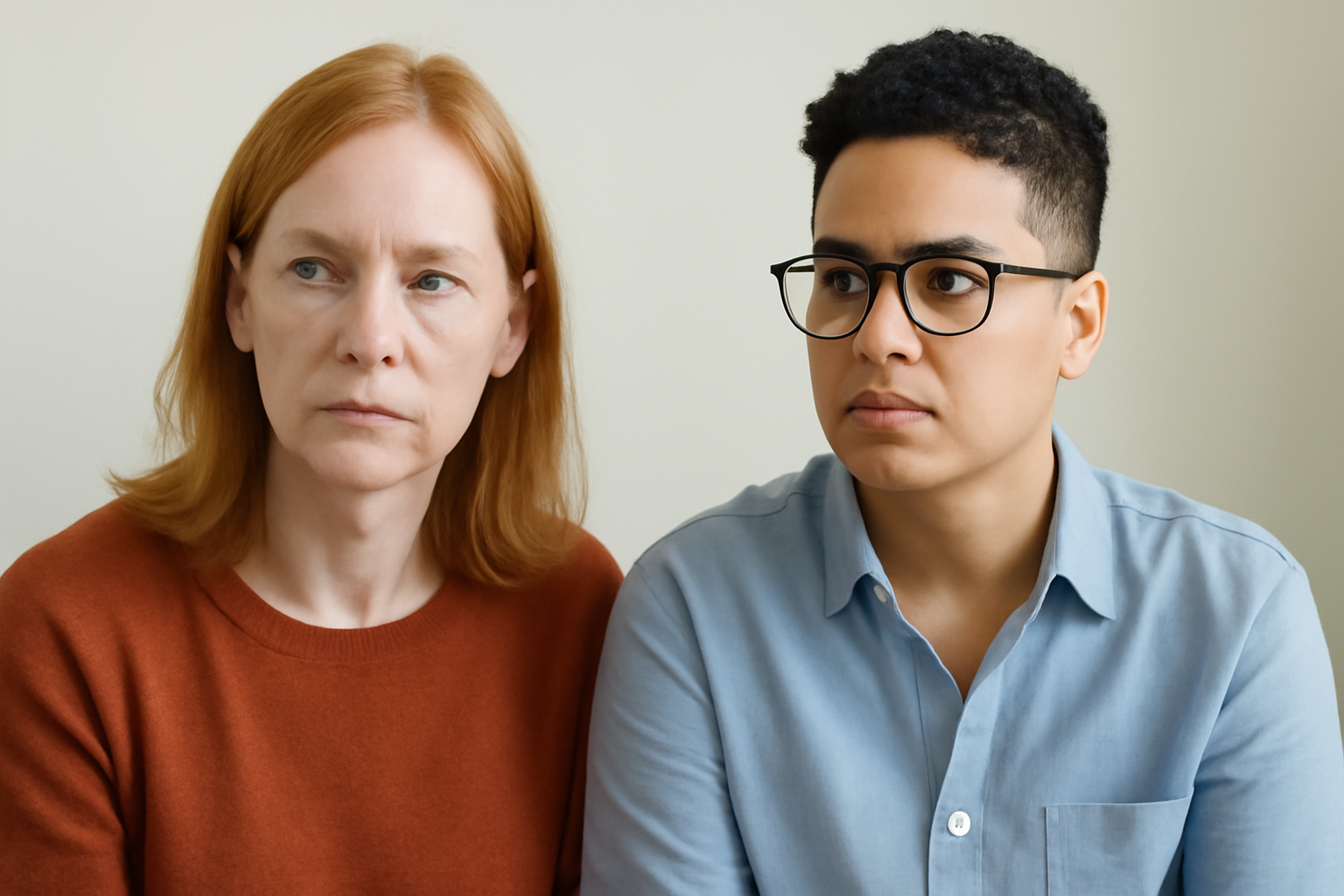
An Edinburgh-based domestic abuse charity has recently implemented a controversial policy barring trans women and non-binary individuals from accessing its services. This decision by Edinburgh Women’s Aid has sparked debate and concern within the LGBTQ+ community and beyond.
The charity has publicly stated that it acknowledges varying perspectives on issues of sex and gender but has determined to establish clear guidelines regarding its service provisions. According to their newly published policy, trans women and non-binary people are no longer eligible to participate in the charity’s adult group support programs or utilize shared refuge accommodations, even if they possess a gender recognition certificate (GRC).
This exclusionary policy extends to the charity's hiring practices as well, as it will no longer employ trans women or non-binary individuals, including those who hold a GRC. Edinburgh Women’s Aid justifies these changes by citing specific exceptions in the Equality Act 2010. The organization references Schedule 3 (Part 7) of the Act, which allows for exclusion of trans individuals from single-sex services when deemed a proportionate means of achieving a legitimate aim. Similarly, Schedule 9 (Part 1) of the Act is invoked to justify recruitment discrimination.
Legal Justifications and Ongoing Reviews
The charity’s statement emphasized the legal basis for its policy, noting that such provisions allow lawful exclusion under certain conditions. The organization affirmed that while they are legally compliant, they are also committed to reviewing their stance regularly in response to potential changes in legislation or societal norms.
In contrast, Scottish Women’s Aid, a national organization, maintains a trans-inclusive policy. Their website clearly states support for women in both lesbian and heterosexual relationships and affirms that local Women’s Aid groups operate autonomously, making independent policy decisions. This variation in policy at the local level highlights the disparities that can exist within the broader network of women’s support services.
The Impact on Trans Survivors and Broader Reactions
The decision by Edinburgh Women’s Aid has left many in the community concerned about the safety and well-being of trans survivors of domestic abuse. LGBTQ+ organizations, such as Galop, have expressed alarm over the lack of safe, trans-inclusive options for individuals needing to escape abusive environments. Galop's research indicates that the absence of inclusive services forces many trans people to choose between remaining in unsafe situations or facing homelessness.
In response to the policy, trans rights activists have staged demonstrations in Edinburgh, advocating for more inclusive support structures. The exclusionary measures are viewed by some as regressive, undermining the strides made towards equality and inclusivity in Scotland.
The Scottish Government has commented on the matter, emphasizing that the safety of domestic abuse survivors should be the primary focus of support services. While the government supports the separate and single-sex exceptions outlined in the Equality Act 2010, it also upholds trans rights, acknowledging the complex nature of balancing these priorities.
The government spokesperson reiterated that operational decisions of charities like Edinburgh Women’s Aid are beyond governmental control but urged all organizations to adhere to the Equality Act's requirements. Additionally, organizations must consider other legal obligations, such as health and safety regulations, within their operational frameworks.
Moving Forward: Seeking Inclusivity and Safety
As discussions continue, many are calling for a reevaluation of policies that exclude vulnerable groups. Advocates stress the importance of creating safe, inclusive environments that address the unique needs of all survivors, regardless of gender identity.
The situation underscores the ongoing tensions and challenges within the realm of gender identity and legal rights, highlighting the need for ongoing dialogue and advocacy to ensure equitable treatment for all individuals seeking support.
For those affected by domestic abuse, support services remain available. Readers are encouraged to reach out to Refuge, which offers a 24-hour freephone National Domestic Violence Helpline at 0808 2000 247. In the United States, the National Domestic Violence Hotline can be reached at 1-800-799-SAFE (7233).
This development serves as a crucial reminder of the ongoing need for advocacy and awareness in ensuring that all individuals, regardless of gender identity, have access to the support and safety they deserve.
Related Posts
Triumphant Trans Woman Wins Legal Battle and Inspires Others to Stand Up for Their Rights
Breaking new ground: a landmark victory in transgender rights After battling in courtrooms and enduring endless challenges, Diana Portillo, a transgender woman, has secured a monumental victory in her decade-long fight against workplace discrimination. The result? Nearly $1 million awarded in a historic settlement. But this isn't just a win on paper—it represents a powerful precedent in combati [...]
Pride Month in Latin America: Protests and Demands for Equality
**Celebrating Pride and advocating LGBTQ+ rights in Latin America** Pride Month in Latin America was a lively mix where celebration met activism. Communities united, not just throwing a party but making a stand—demanding equality and pushing governments toward better protection and rights recognition. Throughout Latin America, pride events erupted in marches and cultural displays, each with a c [...]
Transgender Erasure Actions Implemented by National Park Service
```html Trump administration's impact on national park service and transgender recognition The Trump administration made notable moves in undermining transgender representation, which included directing agencies like National Park Service not include "T" and "Q" when they refered “LGBTQ” in any official communication. This move seems part a broader plan by this administration aimed at reducin [...]